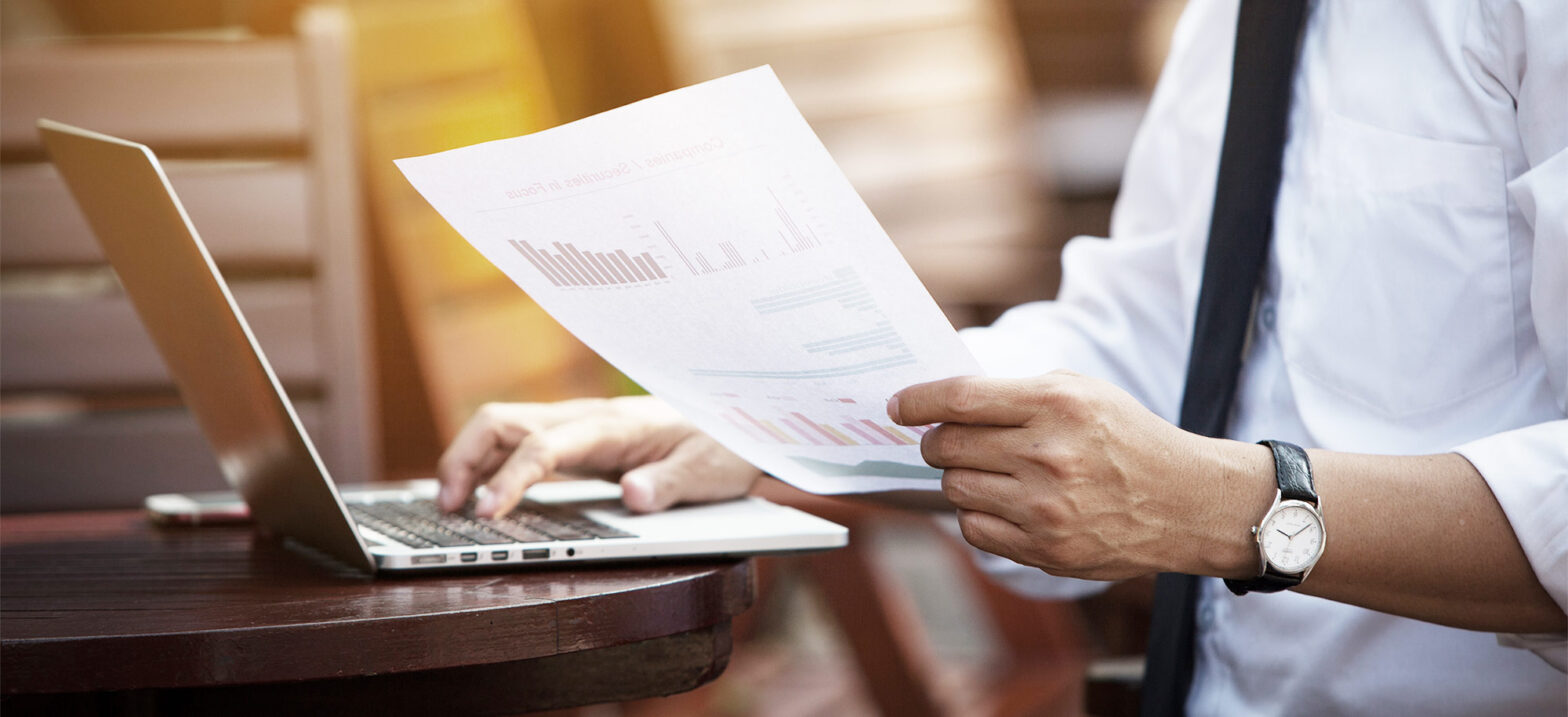Reliable temperature-controlled coronavirus vaccine logistics require smooth integration of all those involved as well as materials that provide good insulation. As the range of coronavirus vaccines grows, so do the requirements for their distribution. The different vaccines need to be stored and transported at different temperature ranges – often together in the same vehicle or cold store. Handling complex processes like this is routine for leading logistics companies. But they depend on the skills of packaging providers and raw materials suppliers.
Logistics companies were already transporting pharmaceutical products at minus 70°C in boxes packed with dry ice before the coronavirus pandemic. Many of these methods are not new. The challenge for the coronavirus vaccine logistics in relation to the cooling systems is rather to adapt the known technology as quickly as possible to specific requirements such as pack sizes as well as storage and transport times.
Developed recently are passive – in other words non-electric cooling systems for the pharmaceutical industry. The lightweight thermal boxes can be fitted with special cooling elements for almost any temperature range and for different volumes. This flexibility in terms of size and cooling range comes into play with the coronavirus vaccine logistics, as three very different temperature ranges – minus 70°C, minus 15°C to minus 25°C, and plus 2°C to plus 8°C- need to be ensured.
However, there is a misconception that a higher temperature means lesser effort. The minus 15°C to minus 25°C range may place higher demands on the packaging than minus 70°C.
Dry ice, with its temperature of minus 78°C, cannot be used in this situation, where special cooling elements are required instead. These elements need to be cold but not too cold, so the temperature does not fall below minus 25°C but enough cooling energy still ends up in the box.
The process is invariably sophisticated in that it needs to run smoothly from the vaccine manufacturer via the packaging producer and logistics company all the way to the user of the individual vaccine doses. Before it was practically employed, the on-purpose-developed cooling systems have already successfully undergone a demanding qualification process. They have been exposed to changing ambient temperatures in the pilot climate chambers. This ensures that the defined temperature limits are reliably maintained.
The raw materials for the pharmaceutical boxes are extremely important and need to have very good insulating properties. They are made up of expandable polystyrene (EPS) granules custom-made for the purpose. So far, logistics service providers have already delivered tens of thousands of vaccine doses at the correct temperature in the custom-made EPS boxes. Hundreds of thousands will follow.
Reference: https://www.basf.com/global/en/media/news-releases/2021/02/p-21-126.html
The economic impact of biosimilars on the Australian health care system is now clearer, with data revealing their role in reducing market expenditure and driving price competition.
The Chinese Golden Week impacts Ocean Freight Shippers for two main reasons:
Donald Trump’s tariffs of 50% have come into force on most US imports from India. India’s giant generic pharmaceuticals sector and its electronics and petroleum products are exempt from the tariffs. Aluminium, steel and copper remain at 25%, but job-heavy sectors such as textiles, jewellery, seafood and leather are squarely in the line of fire.
The European Chemicals Agency (ECHA) has published the updated proposal to restrict per- and polyfluoroalkyl substances (PFAS) under the EU’s chemicals regulation, REACH. The update has been prepared by the authorities from Denmark, Germany, the Netherlands, Norway and Sweden, who submitted the initial proposal in January 2023.
Most chemicals exported from the 27 member countries of the European Union into the US will be subject to a 15% tariff on top of their selling prices under an agreement signed on July 27 between the US and the European Commission.
We’re thrilled to announce a new strategic alliance between ExSyn, Exim-Indis and simABs, a leading EU-based biologics manufacturer known for its patented continuous flow technology in antibody production.
The global trade landscape is undergoing significant changes following the announcement of new reciprocal tariffs by the United States government. Recent developments indicate significant shifts in global trade dynamics, with key policy adjustments, ongoing negotiations, and evolving logistics patterns. Below is a summary of the latest developments.
In January 2025, the US FDA published a draft regulatory guidance entitled “The Considerations for Use of Artificial Intelligence to Support Regulatory Decision-Making for Drug and Biological Products”.
The adoption of artificial intelligence (AI) and large language models (LLMs) is rapidly reshaping clinical research and drug development.
